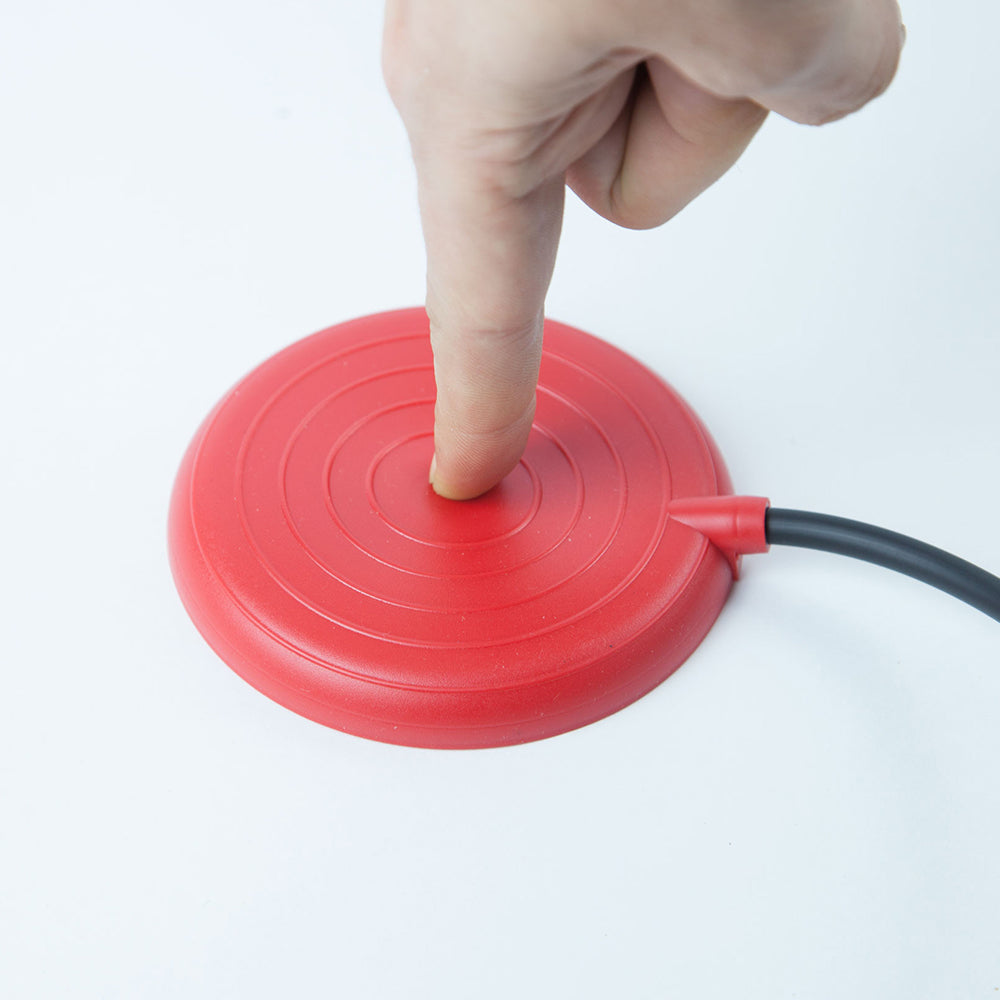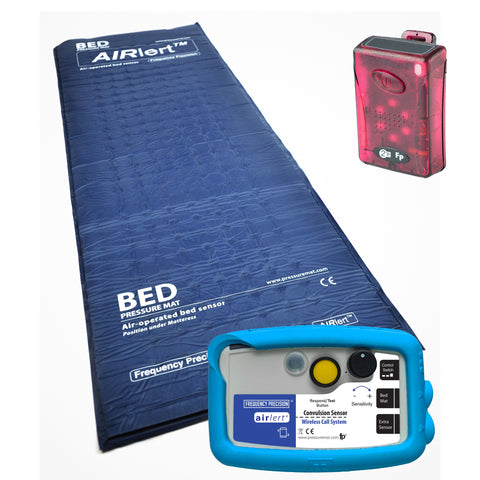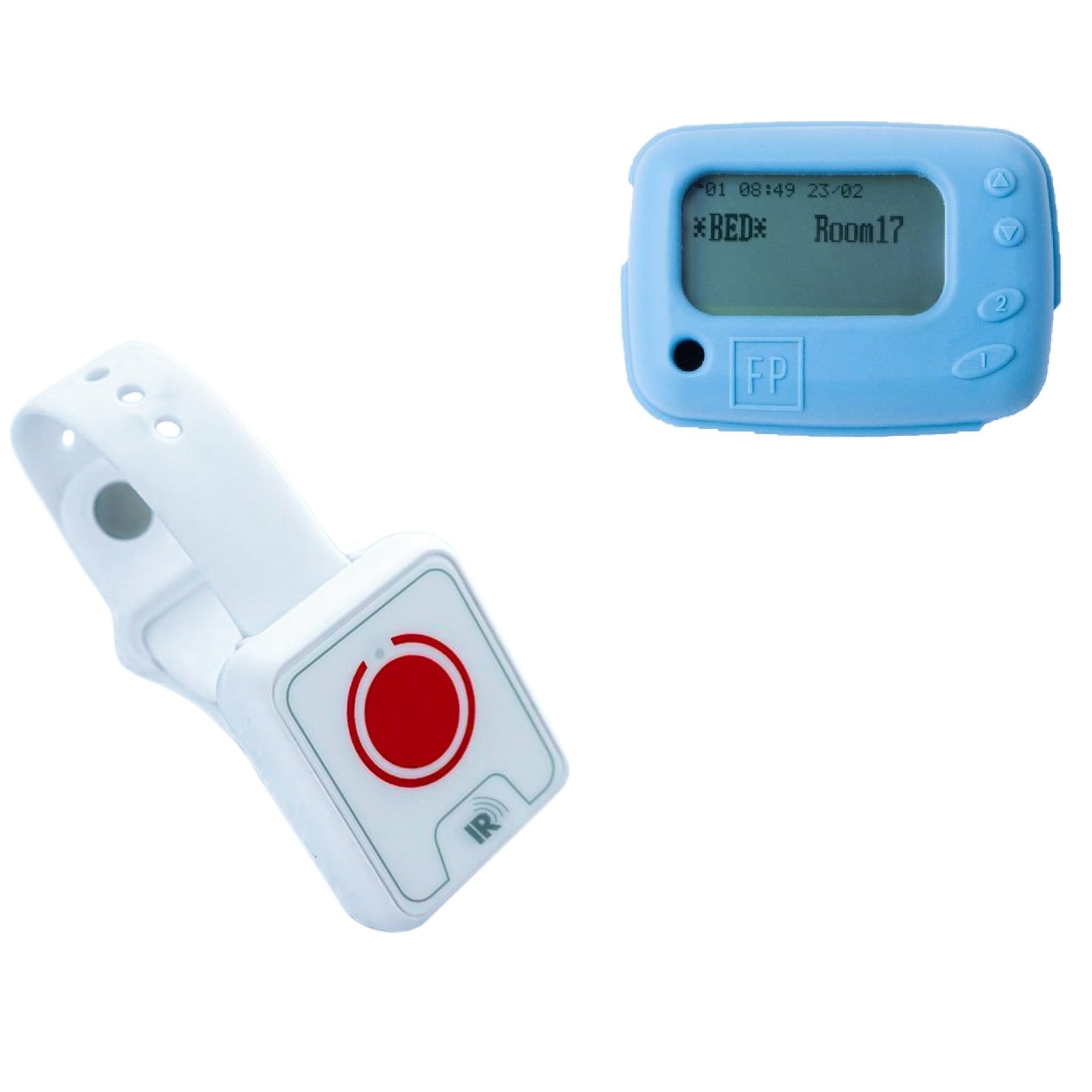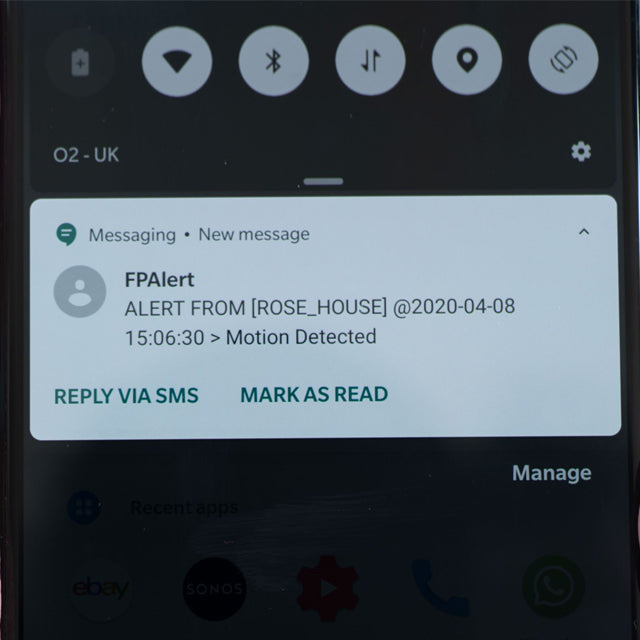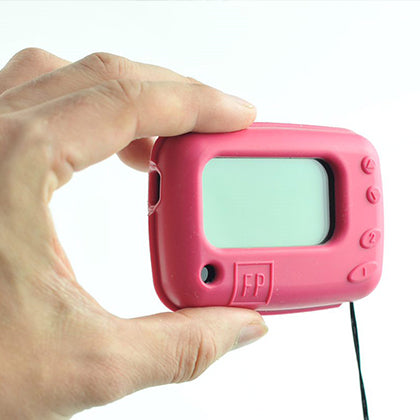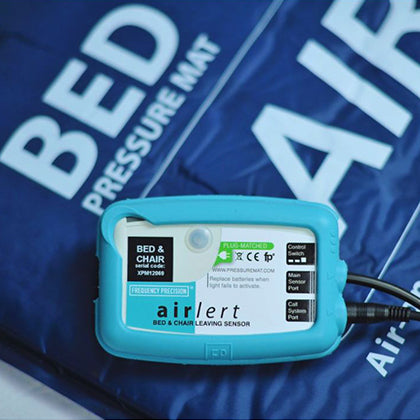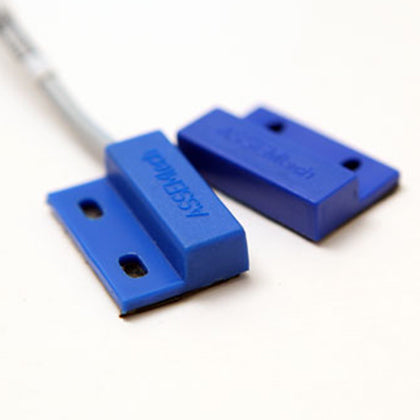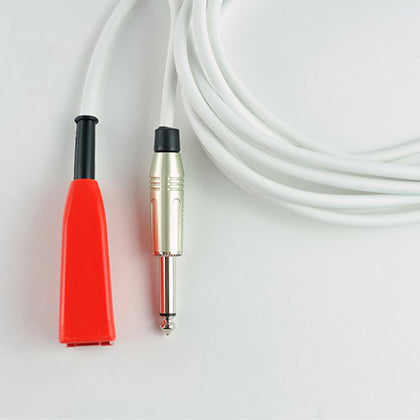Despite the misconception, Alzheimer’s and dementia are not the same things. Many people often use the terms for this condition interchangeably but in reality, that’s not the case. Dementia is used as a general term to describe a decline in cognitive abilities that shows symptoms of memory loss and comprehension difficulties. Whereas, Alzheimer’s is a disease that affects the brain and causes dementia. So, in a way, Alzheimer’s is a type of Dementia.
We’ll discuss this concept further in the piece and explain each condition individually so that you’ll have a better grasp of what these conditions are. Read on to learn more:
What Do You Need To Know About Dementia
In the UK, there are currently 900,000 dementia patients and its estimated that this population may increase to 1.6 million by the year 2040. And 70% of the people in a nursing home have some sort of dementia or severe memory loss. So out of these statistics, 50-70% of the people living in the UK have Alzheimer’s condition.
You must understand the difference so you can get your loved ones the care that they need because some symptoms and treatments for Alzheimer’s may not be the same as treatments for dementia symptoms.

Understanding Dementia As A Condition
A person with a dementia condition may have changes in memory, behaviours, and an affected ability to carry out daily tasks. This is caused by damage to the brain cells due to old age and to date, there is no cure for this condition. However, you can look for different treatments to help with the symptoms. There are different kinds of dementia with different symptoms like:
Vascular Dementia:This is observed by the slowness of thought in a patient
Lewy-body Dementia:You’ll observe difficulty in mobility in this condition.
Huntington’s Disease:This condition is based on gene transfer from one of the parents and affects the central part of the brain that helps you think, show emotion, and move.
Mixed Dementia:This condition is caused when a person has more than one dementia condition leading to blocked or damaged blood vessels in the brain.

What Do You Need To Know About Alzheimer’s
This is one of the most common types of Dementia accompanies by many complex changes in the brain. And in this condition, the symptoms of dementia worsen over time. One of the earliest symptoms of this condition is the inability to process new information and remember it. So, the learning centres are impacted first.
As time goes on, your loved one’s symptoms will get worse. They may experience confusion, disorientated, and behavioural difficulties to an extent that even walking, speaking, and eating may become difficult.
The major risk factor for Alzheimer’s is old age but that doesn’t mean that it’s a normal part of ageing. Basically, in this condition, the brain cells start to die out and break down. And one of the earliest symptoms is the abnormal proteins that begin to deposit in the brain called tangles and plaques.
These plaques can block communication by creating dense clusters in the brain and tangles are twisted protein cells that cause the healthy brain cells to die out. So, as the disease progresses, the brain size shrinks.
It’s difficult to diagnose this condition until the brain is sent for an autopsy post-death. However, many specialists can make the correct diagnosis while treating patients most of the time.

What Are Some Of The Symptoms
There are some symptoms of the two conditions that overlap like they both can hinder communication, affect memory, and decrease comprehension abilities. However, some of the conditions differ like Alzheimer’s patients may experience difficulty in speaking and swallowing in the advanced stages, behavioural changes, confusion, impaired judgement, depression, apathy, and difficulty recalling recent events.
These are some of the common symptoms but some symptoms like visual hallucinations can help make specialists a different diagnosis for this condition like people with Lewy-body dementia. These patients can experience problems with balance, sleeping, and seeing hallucinations.
While patients with Huntington’s or Parkinson’s may experience symptoms of involuntary movements earlier in the onset of this disease.

What You Can Do To Manage These Conditions
It’s one of the hardest things to see your loved one change and disappear in front of your eyes when they’re caught in the clutches of these conditions. Also, it can become difficult to take care of them as the disease progresses. As a home carer, there are several things you can do to make your life and your loved one’s life more manageable.
Many care assist devices can help you take care of a loved one at home for as long as you can, like:
Floor Pressure Mats For Dementia Patients
These mats are perfect for keeping an eye on your elderly without invading too much of their privacy and personal space. After all, you have to consider that they’ve lived their life as proud and independent individuals and now they aren’t able to do even the simplest task themselves. So, you can be mindful of their feelings as long as they are still comprehending their environment and wish to involve themselves in their daily tasks. The floor mats have an alarm attached that alerts you when it’s been stepped. It’s perfect for keeping at bedsides and door entrances to make sure that you prevent further fall injuries and damage to their head.
.
Bed Alarm For Dementia Patients
These alarms are ideal for patients with Lewy-body dementia who tend to wander and see hallucinations so they jump out of bed and leave the room. This can be dangerous as your loved one can also leave the house and wander the streets. So the sensor in the bed alarm will send you an alert when they leave their bed.

Get One Of The Best Care Assist System With Fall Detection For Your Loved One
If you’re looking for reliable care assist devices for your loved one with Alzheimer’s or other Dementia conditions, check out Frequency Precision. We have many care assist devices like wired floor pressure mat alarms, front door alarm sensors, wireless convulsion sensor mats, etc. that can help you provide the best care for your loved one.
Visit our website or get in touch with us now to learn more about our care assist devices and other services and products.

